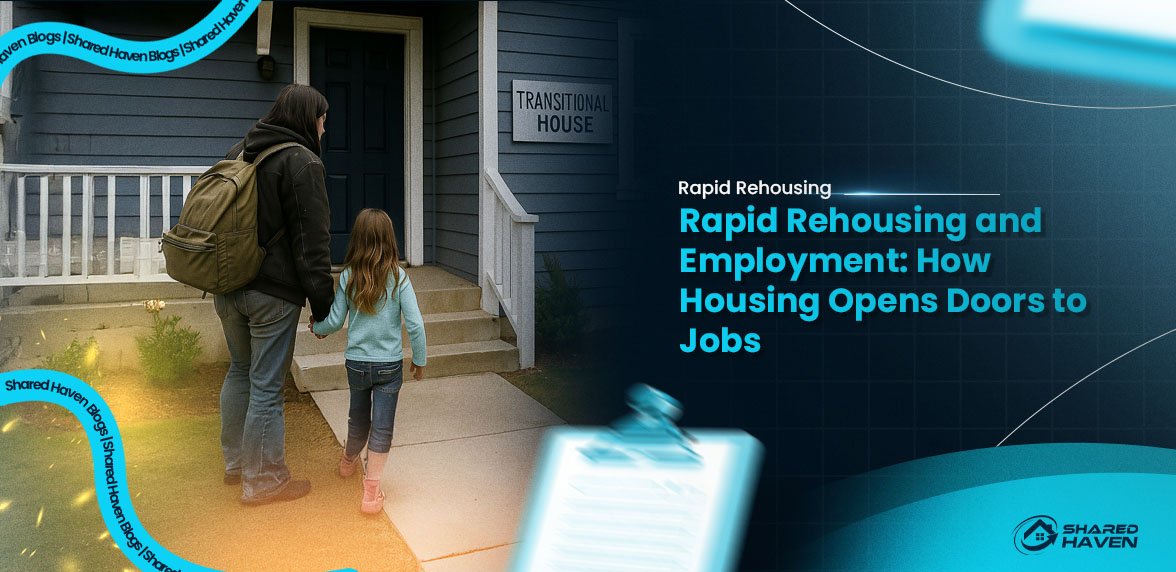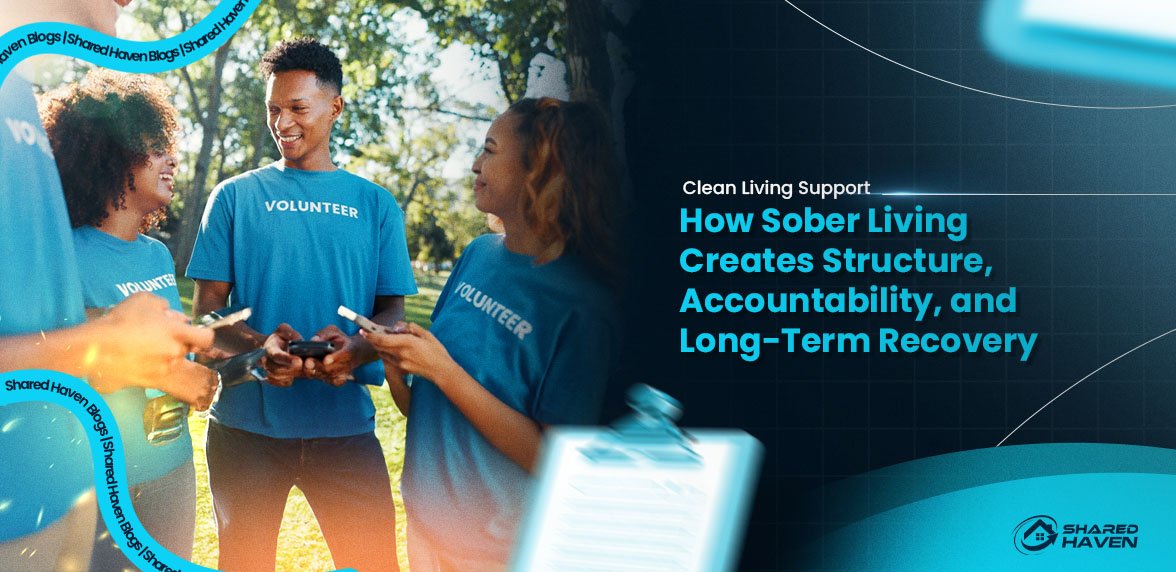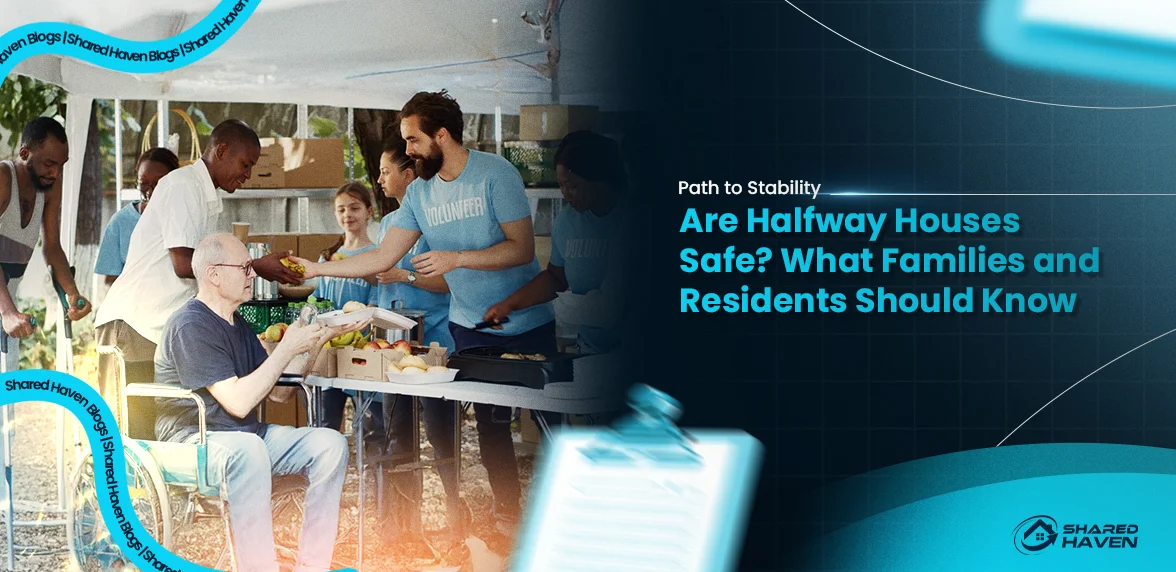Sober Living Homes: Complete Guide to Recovery Services
Additionally, Sober Living homes provide more than just safe places to stay. Furthermore, these houses offer structure, guidance, and support for people in recovery. Moreover, every service strengthens accountability and reduces relapse risks. Therefore, understanding these services helps anyone considering this living option.
What Sober Living Homes Do
Initially, Sober Living homes bridge treatment and independent living. Additionally, they provide structure without rehab program intensity. Meanwhile, residents gain independence while benefiting from accountability. Furthermore, these homes create community and support. As a result, they reduce isolation and help residents adjust to normal life.
Safe Housing in Sober Living Environments
First, Sober Living homes provide stable housing free of drugs and alcohol. Additionally, safety forms the foundation of every successful recovery journey. Moreover, the environment reduces temptations and triggers that might cause relapse. Furthermore, clean, well-maintained homes promote pride and stability. Therefore, residents experience comfort while focusing fully on recovery goals.
Peer Support Networks Build Strong Connections
Additionally, peer support ranks among the most valuable services available. Meanwhile, residents live alongside others who share recovery goals. Furthermore, peer encouragement helps residents stay motivated during tough times. Moreover, friendships built in these homes often last beyond recovery. Therefore, peer networks create long-term accountability and lasting bonds.
How Sober Living Accountability Systems Work
Initially, accountability centers every Sober Living environment. Additionally, regular drug and alcohol testing keeps residents honest. Meanwhile, mandatory curfews add structure and limit risky behaviors. Furthermore, staff or senior peers check on responsibilities daily. Consequently, these systems ensure residents stay focused on sobriety and prepare for independence.
Chore Systems Teach Life Skills
Furthermore, residents share household responsibilities to maintain order. Additionally, chores include cleaning, cooking, or helping with maintenance. Meanwhile, these tasks promote teamwork and responsibility within the home. Moreover, structured duties create routine, which benefits recovery. Ultimately, chores teach life skills needed after leaving the program.
Employment and Education Support Services
Additionally, many homes encourage employment or education. Meanwhile, staff help residents find jobs or training programs. Furthermore, employment builds financial independence and stability. Moreover, education offers opportunities for career advancement and personal growth. Ultimately, structured daily activities reduce boredom, which lowers relapse risks.
Life Skills Training Programs
Furthermore, many homes include life skills training. Additionally, residents learn budgeting, meal planning, or time management. Meanwhile, these skills prove vital for living independently after recovery. Moreover, workshops or mentoring sessions guide residents through real-life situations. Therefore, training builds confidence and improves long-term success rates.
Recovery Meetings Support Accountability
Additionally, attendance at recovery meetings stays usually required. Meanwhile, meetings follow 12-step programs or other recovery models. Furthermore, these gatherings provide accountability and community support. Moreover, residents share struggles and celebrate progress together. Consequently, consistent meeting attendance strengthens commitment to sobriety.
Sober Living Counseling and Emotional Support
Furthermore, some homes offer access to counseling services. Additionally, counseling includes one-on-one sessions or group therapy. Meanwhile, professional guidance helps residents manage stress and emotions. Moreover, emotional support proves vital for preventing relapse during difficult times. Therefore, counseling services strengthen recovery foundations.
Health and Wellness Programs Boost Recovery
Additionally, physical health gets included in many programs. Meanwhile, some homes provide fitness equipment or organize group exercise. Furthermore, others encourage healthy eating habits and wellness routines. Moreover, regular exercise improves mood and reduces cravings. As a result, wellness services complement emotional and mental recovery.
Relapse Prevention Tools and Education
Furthermore, relapse prevention education forms a core service in many homes. Additionally, residents learn how to recognize triggers early. Meanwhile, they practice strategies for managing cravings. Moreover, relapse prevention plans give residents tools for real-life situations. Therefore, education reduces risks and strengthens long-term recovery success.
Structured Daily Routines Create Stability
Additionally, programs emphasize routine and structure. Meanwhile, daily schedules include work, meetings, and personal responsibilities. Furthermore, structured days prevent idleness, which often leads to relapse. Moreover, routine helps residents build discipline and stability. Consequently, structured living prepares them for future independence.
Sober Living Mentorship Creates Lasting Bonds
Furthermore, mentorship often forms part of recovery services. Additionally, senior residents or alumni guide newer members. Meanwhile, mentorship provides encouragement and practical advice. Moreover, learning from someone with lived experience builds trust and hope. Therefore, mentorship becomes a valuable service in communities.
Family Involvement Repairs Relationships
Additionally, some programs include family involvement. Meanwhile, families attend meetings or counseling sessions. Furthermore, involvement helps repair relationships damaged by addiction. Moreover, it builds support systems outside the house. Ultimately, strong family connections improve chances of long-term sobriety.
Technology and Communication Rules in Sober Living
Furthermore, many homes set rules around technology and communication. Additionally, these boundaries prevent distractions and reduce exposure to triggers. Meanwhile, limited phone or internet use helps residents stay focused. Moreover, communication rules promote respect between house members. Therefore, guidelines ensure healthier and safer recovery environments.
Transportation Support Reduces Stress
Additionally, some homes offer transportation services. Meanwhile, transport gets provided for meetings, work, or school. Furthermore, access to reliable transportation reduces stress for residents. Moreover, it ensures they meet obligations on time. Consequently, this service makes transition into daily life smoother.
Nutrition and Meal Planning Programs
Furthermore, nutrition support proves another valuable service. Additionally, homes provide group meals or cooking lessons. Meanwhile, learning to plan and cook healthy meals empowers residents. Moreover, proper nutrition supports mental clarity and physical health. Therefore, meal planning becomes a foundation of recovery success.
Recreational Activities Build Community
Additionally, recreational services create balance in programs. Meanwhile, activities include sports, art, or outdoor trips. Furthermore, recreation reduces stress and builds positive coping habits. Moreover, shared activities strengthen bonds among residents. Ultimately, fun and healthy activities support long-term happiness in recovery.
Sober Living Aftercare Planning Ensures Success
Furthermore, aftercare services prepare residents for independent life. Additionally, staff help with housing searches or continued counseling. Meanwhile, they connect residents with community resources. Moreover, aftercare ensures residents leave with stability and support. Therefore, planning improves transition and reduces relapse risks.
Personal Development Creates Purpose
Additionally, personal development gets encouraged in many programs. Meanwhile, residents take classes, pursue hobbies, or explore spirituality. Furthermore, growth beyond sobriety builds confidence and self-identity. Moreover, programs help residents discover their passions. Consequently, personal development creates purpose and long-term motivation.
Why These Services Matter
Furthermore, services support every stage of recovery. Additionally, they provide structure, accountability, and valuable life skills. Meanwhile, residents gain friendships, financial independence, and emotional strength. Moreover, every service reduces relapse risks and promotes long-term stability. Therefore, services prepare individuals for healthier, independent lives.
Final Thoughts
Ultimately, homes provide far more than housing. Additionally, they offer guidance, structure, and community for lasting recovery. Meanwhile, services range from accountability and meetings to personal growth opportunities. Furthermore, every program strengthens independence and reduces relapse risks. Therefore, choosing this path can be a powerful step toward a better future.
National Hotline for substance abuse





